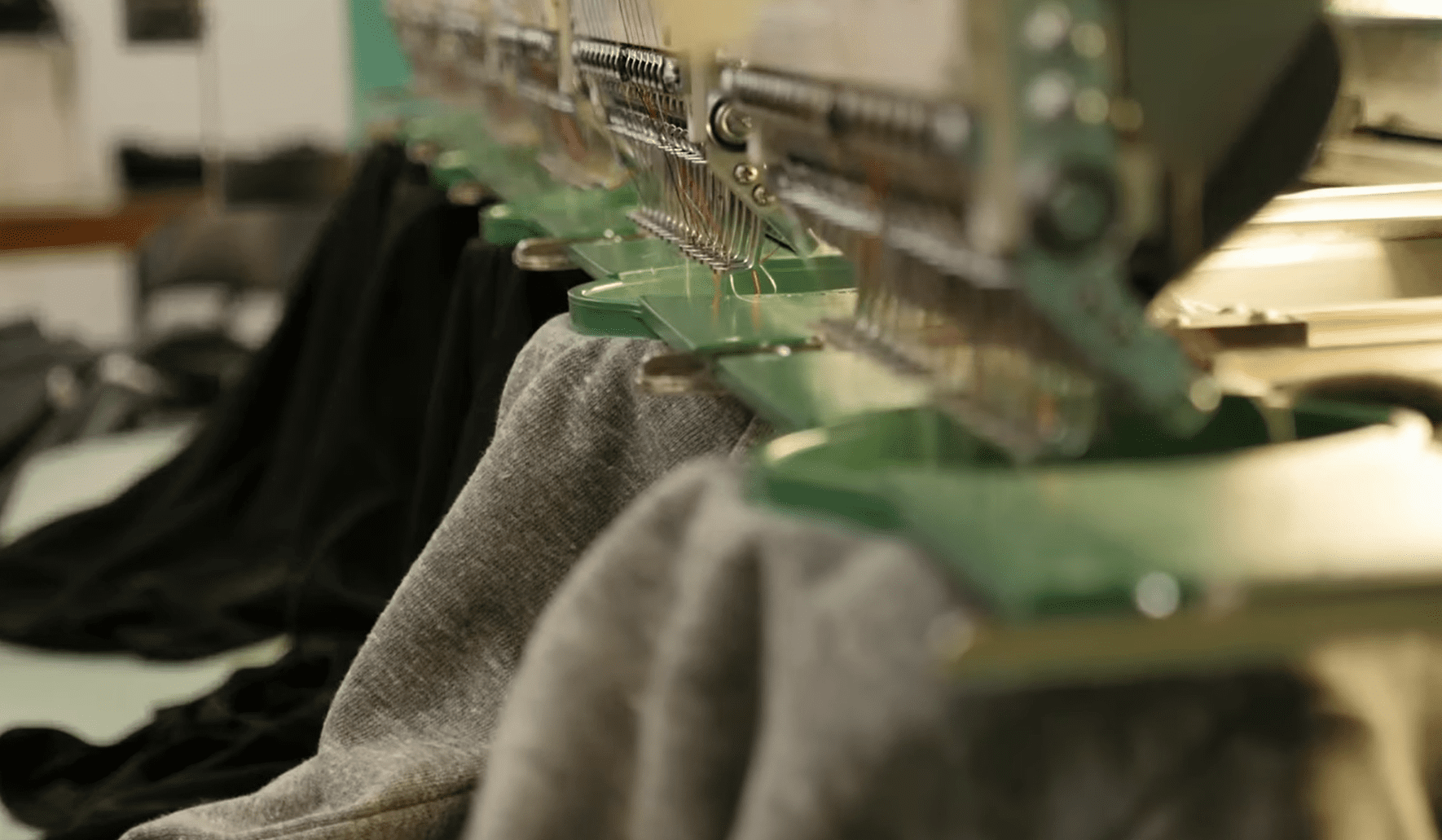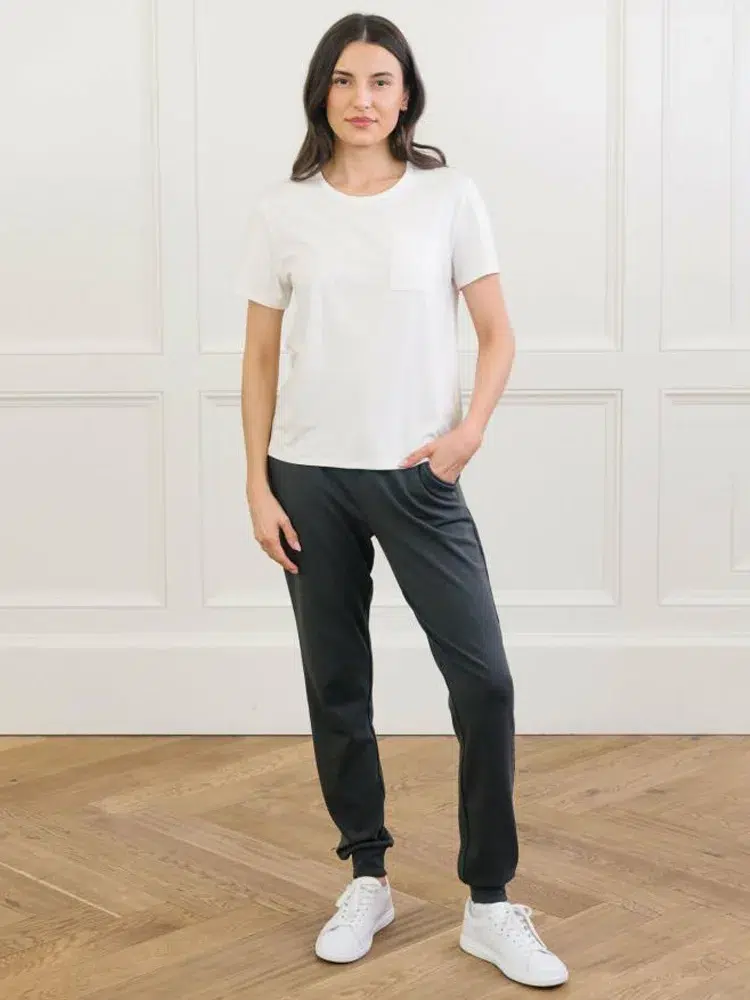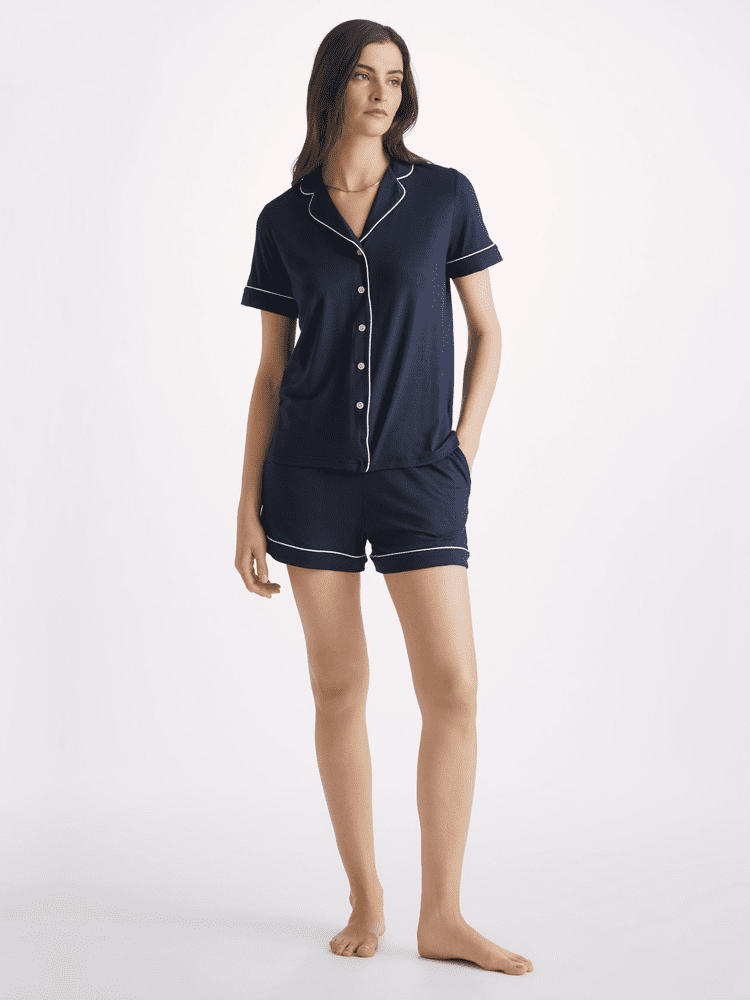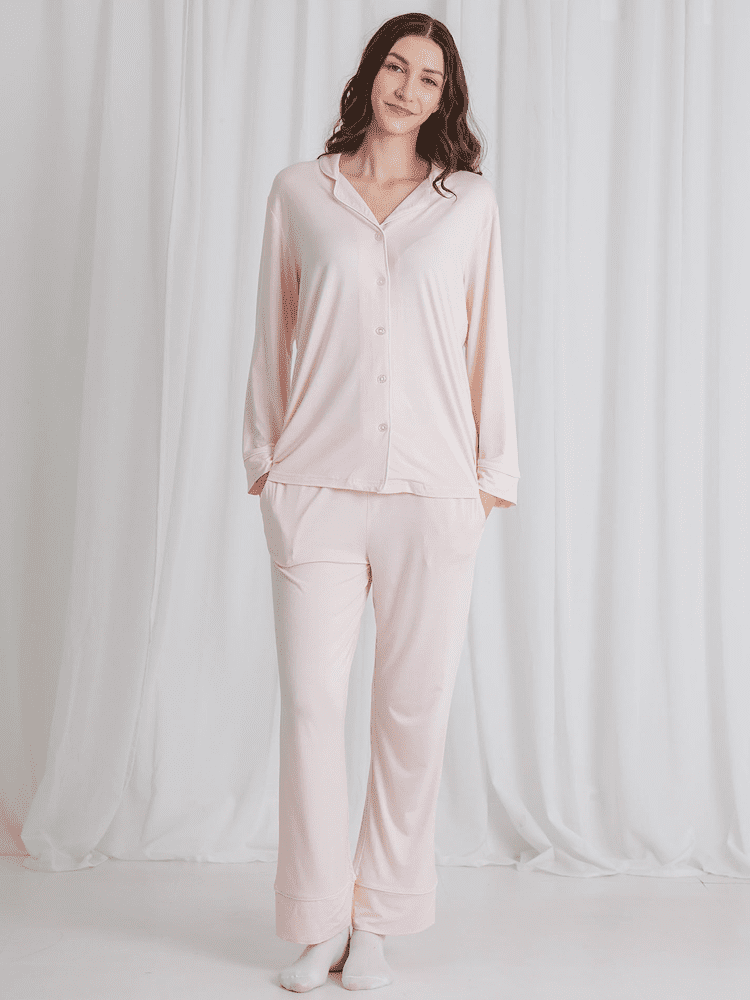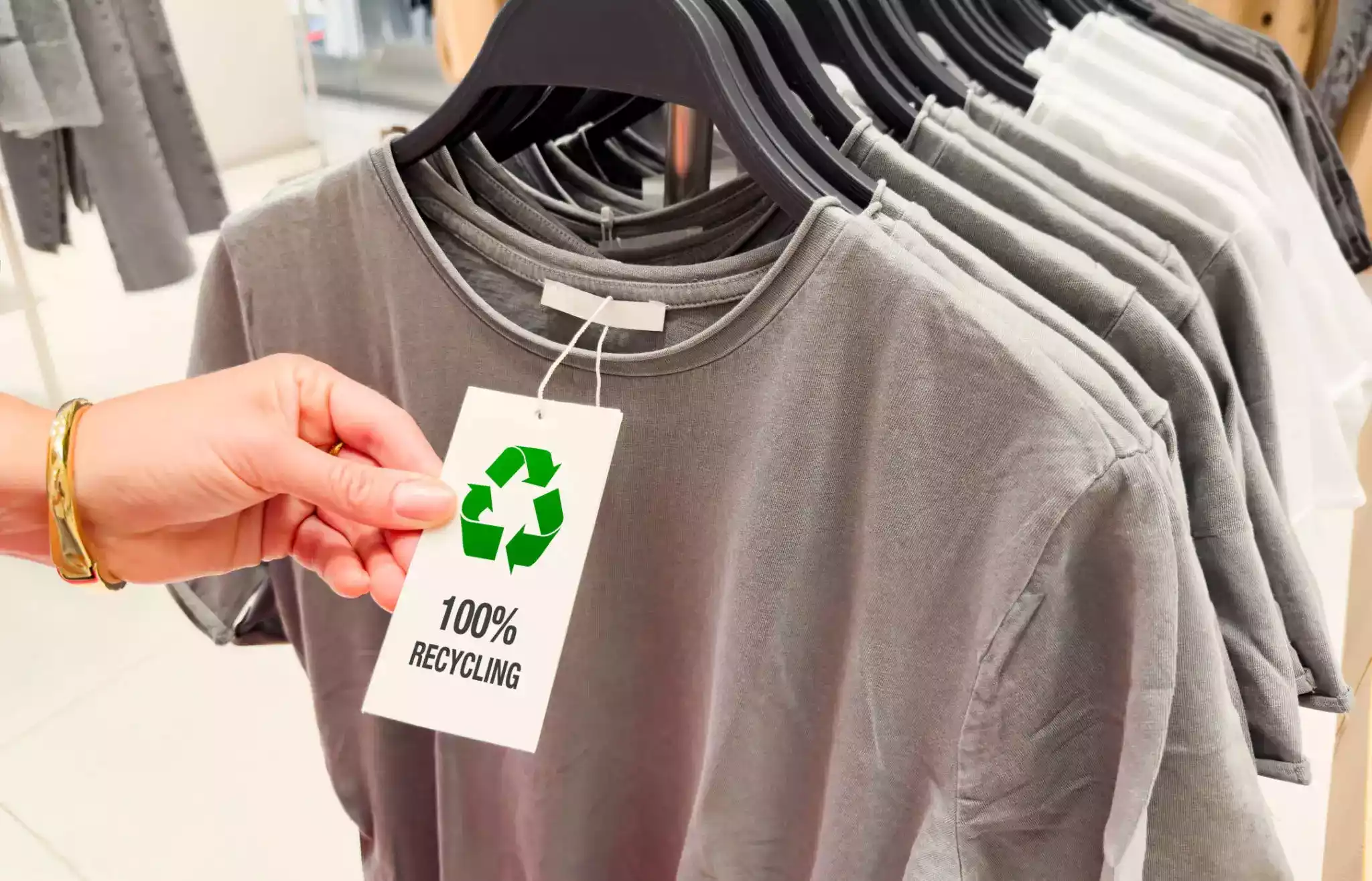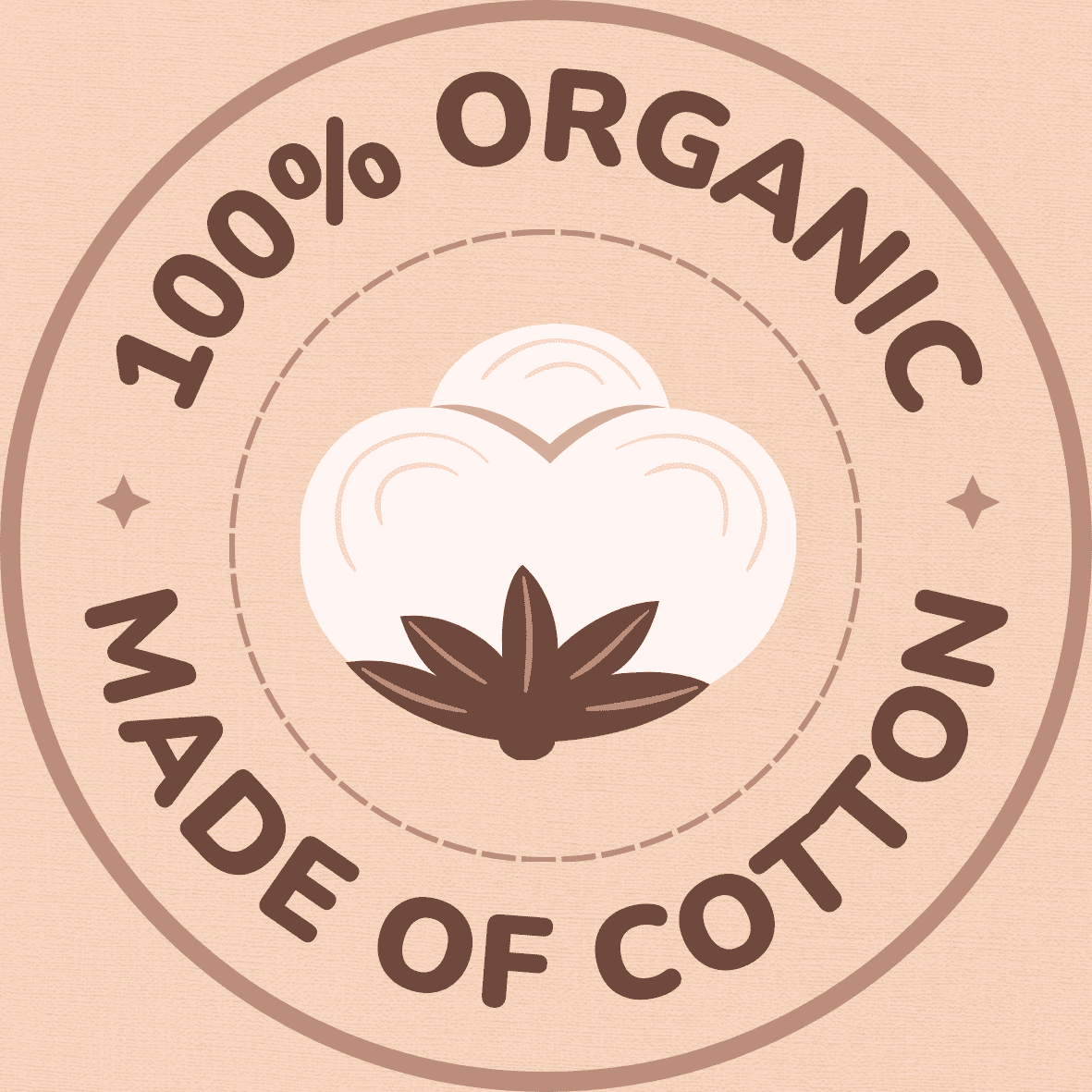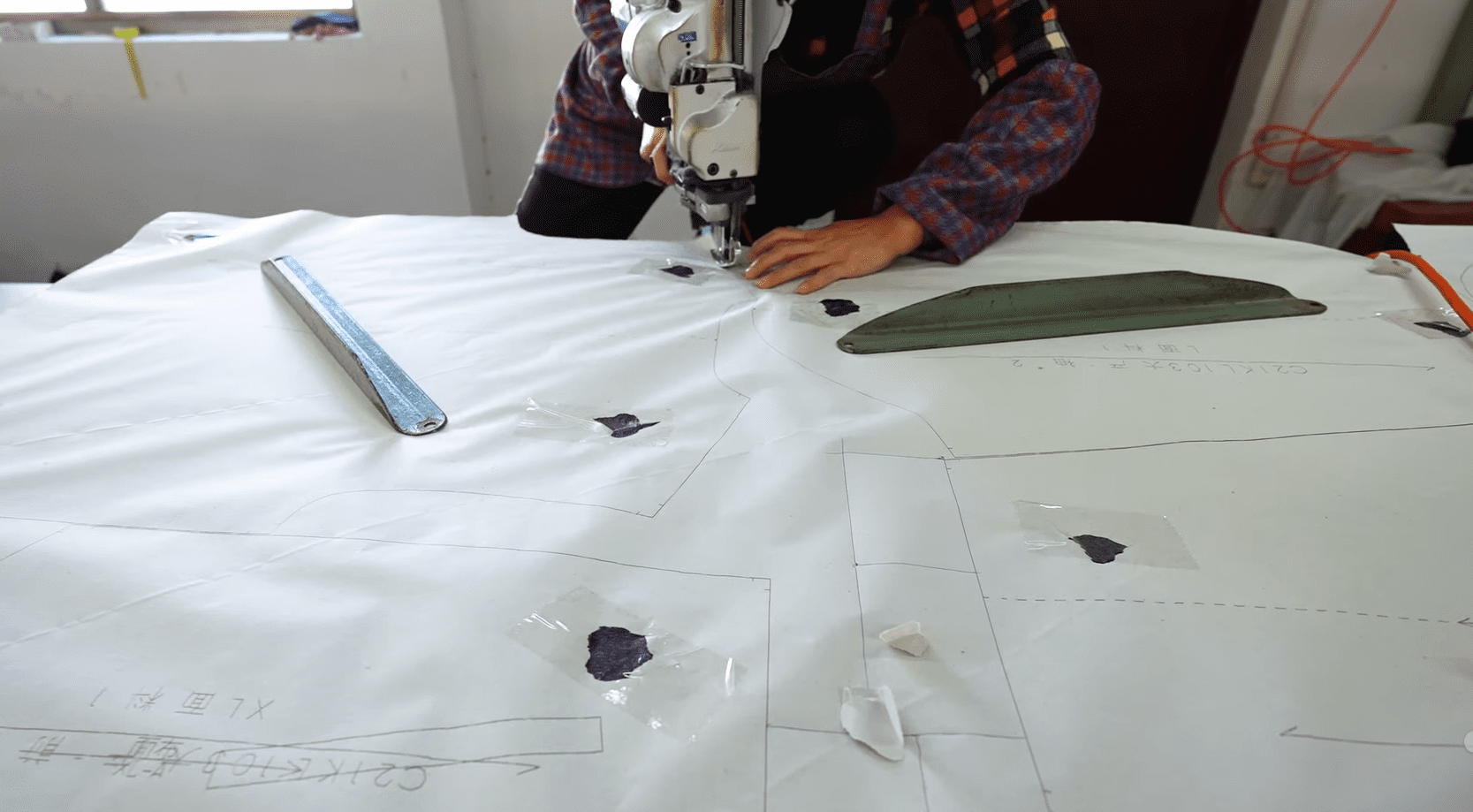Sustainable Style Revolution: Redefine Fashion with Responsible Manufacturers
The field of fashion is undergoing a transformative shift with the emergence of sustainable clothing manufacturing companies. This revolutionary shift signifies a movement from conventional, resource-intensive manufacturing processes towards more eco-friendly and sustainable techniques. The focus lies in minimizing environmental harm while optimizing utility, thus ensuring clothing manufacturing doesn’t compromise the needs of future generations.
Sustainable clothing manufacturers adhere to ethical standards in every step of their process. This includes sourcing raw materials, production methods, fair labor practices, and responsible waste management strategies. The goal isn’t just to create an aesthetically pleasing product but to do so while protecting the environment and upholding human rights. This green evolution in the fashion industry highlights the essence of sustainability; integrating economic viability with social responsibility and environmental care.
Understanding the Importance of Ethical Clothing Production
In the ever-evolving world of fashion, the prospect of ethical clothing production has gained substantial prominence, indicative of a major paradigm shift in industry perspectives. With an increasing consumer awareness towards the environmental impact of their choices, fashion brands are ramping up their efforts to deliver products that are both stylish and responsible. This is where sustainable manufacturers, such as Pjgarment.com, are making their potent impact felt in the marketplace.
Pjgarment.com, among other sustainable manufacturers, illustrates the power of combining industry experience with ethical production methods. The company has unmistakably enhanced fashion’s environmental footprint by focusing on techniques such as reduced waste production, lesser water usage, and limiting harmful emissions. Pjgarment.com’s practices forge a path towards a cleaner, more conscious fashion industry, a path that is drawing many other industry participants. The importance of ethical clothing production is thus clear – it’s not just about looking good, but also about doing good for the world.
To further understand the significance of ethical clothing production, a few key points must be considered:
• Ethical production promotes sustainability: By focusing on methods that reduce waste and limit water usage, companies like Pjgarment.com are contributing to sustainable practices. This not only helps conserve natural resources but also ensures the longevity of the fashion industry.
• It reduces environmental impact: The fashion industry is known for its substantial contribution to pollution due to harmful emissions. Through ethical clothing production, brands can significantly lower their carbon footprint and help combat climate change.
• It aligns with consumer values: Today’s consumers are increasingly conscious about making responsible choices. Brands that prioritize ethical manufacturing resonate with these values, improving customer loyalty and brand image in return.
• Ensures fair labor practices: Ethical clothing production isn’t just about the environment; it’s also about people. Companies committed to this cause ensure fair wages and safe working conditions for their employees.
• Encourages innovation: To meet sustainability goals while maintaining style and quality requires creativity and innovation. This pushes brands towards developing new materials or techniques which can revolutionize future fashion trends.
In conclusion, understanding the importance of ethical clothing production is crucial for any brand aiming at long-term success in today’s market scenario. Not only does it offer significant environmental benefits but it also resonates with evolving consumer preferences, ensuring a win-win situation for all stakeholders involved.
The Role of Sustainable Clothing Manufacturing Companies in the Fashion Industry
This rapidly evolving fashion scenario demands a paradigm shift toward a more sustainable and ethical approach. Stakeholders are increasingly recognizing the role of sustainable clothing manufacturers, especially in developed economies like the USA, where consumers are becoming more conscious of their choices. Sustainable and ethical clothing manufacturers not only weave together quality, luxury, and style but also integrate responsible environmental practices. They focus on sourcing sustainably produced raw material, reducing waste, employing fair labor practices, and lessening the ecological footprint through their manufacturing processes.
In the industry-led race toward sustainability, numerous eco-conscious brands in the USA are stepping up to become game-changers. The leading sustainable clothing manufacturers in the USA are revolutionizing the fashion landscape with their innovative, green production methodologies. Their commitment to sustainability, from sourcing organic fabrics to fair trade policies, amplifies their relevance in an industry often criticized for its environmental impact. These trail-blazing companies align profitability with purpose, proving that success in the fashion industry does not have to come at the expense of our planet.
How Sustainable Clothing Manufacturers are Changing the Fashion Game
Sustainable clothing companies in the US are redefining the fashion landscape with their transformative approach towards clothing production— spearheading the shift from conventional methods to more eco-friendly, ethical practices. Instead of focussing solely on the end product, these progressive businesses prioritize each step of the production process, ensuring minimum wastage, optimal use of resources, and fair labor practices. The repercussion of such paradigm shift is evident in how consumers perceive fashion, encouraging them to foster a more responsible buying behavior.
Furthermore, sustainable manufacturing clothing is a testament to how the fashion industry can significantly contribute to the global sustainability movement. This innovative form of manufacturing emphasizes the utilization of sustainable materials, such as organic cotton or recycled polyester, and embeds energy-efficient processes throughout the supply chain. The consequent reduction in carbon footprint mirrors an industry that is adaptable and responsive to the evolving environmental challenges. By challenging the norms and making considerable strides in an industry known for its environmental toll, these companies are truly transforming the game of fashion.
The Impact of Sustainable Manufacturers on the Environment and Society
Sustainable wholesale clothing manufacturers play a vital role in mitigating detrimental environmental outcomes. Their manufacturing processes veer away from traditional modes of production, incorporating methods that drastically reduce waste and carbon emissions, and encouraging sustainable consumption patterns. This shift not only ensures resource efficiency but also helps preserve biodiversity, thereby significantly helping in the fight against climate change.
Further, sustainable clothing manufacturers for small businesses positively impact society. By prioritizing ethical labor practices, such manufacturers ensure fair wages and decent working conditions. This contributes to better living standards for workers and their communities. Additionally, it sparks an increased awareness among consumers regarding the ethical implications of their purchases, thereby fostering a widespread culture of sustainability. With an increased demand for ethical clothing, small businesses can benefit financially while still standing firm on their commitment to sustainability.
Eco-friendly Production Processes Adopted by Sustainable Clothing Manufacturers
Sustainable clothing manufacturers in Europe are increasingly integrating green practices into their production processes to minimise environmental harm. They are known for utilising state-of-the-art machinery to reduce energy consumption and carbon emissions. Some also adopt a closed-loop manufacturing system, where waste is minimised by ensuring all materials are either repurposed or recycled. An emphasis is laid on maximising the use of natural, organic, and recycled materials, cutting down on the raw materials needed for production.
Concurrently, Portugal is becoming a hub for sustainable clothing manufacturers with a similar ethos. Recognised for their focus on handcraft and detail, these manufacturers are pioneering eco-friendly production methods that value quality over quantity. Innovative technologies are employed to save water and energy during the manufacturing process, even as they prioritise working with eco-friendly materials. Furthermore, an increasing number of these manufacturers are investing in renewable energy sources such as solar, wind and hydropower for their production facilities, thereby contributing significantly to the global effort towards sustainability.
Sustainable Clothing Manufacturers for Small Businesses: A Rising Trend
In the fashion industry, the trend towards sustainable clothing manufacturing has permeated all levels, including small businesses. With increasing awareness and demand for eco-friendly alternatives, these businesses are proactively enlisting the expertise of sustainable clothing manufacturers to align their operations with ethical standards. Moreover, the rise of these practices among small-scale enterprises is testament to the growing recognition of ecological responsibility in both business decisions and consumer choices.
Sustainable clothing manufacturers offer a plethora of benefits to these small enterprises, starting from reduced environmental footprints to distinctive market positioning. They provide an avenue for businesses to exhibit their commitment towards environmental preservation, thereby gaining consumer trust and building a robust brand reputation. The upward trend in small businesses seeking sustainable manufacturing solutions signals a changing ethos within the fashion industry, steering towards sustainable growth and ethical conduct.
The Benefits of Partnering with Ethical Manufacturers for Your Fashion Brand
In the evolving fashion industry, aligning with ethical manufacturers offers numerous advantages that not only boost business sustainability but also significantly enhance brand reputation. Primarily, ethical manufacturing practices are instrumental in showcasing your brand’s commitment to social and environmental responsibility. This commitment, in turn, resonates with the growing number of conscious consumers, thus, bolstering brand image and customer loyalty.
Furthermore, ethical manufacturing isn’t simply about being morally upright; it’s also tied to improved efficiencies—a direct result of creating products in a manner that minimizes waste, respects worker rights, and reduces the overall environmental footprint. This shift towards responsible production can help fashion brands save resources, fortify their supply chain, and ultimately lead to a healthier bottom line.
Case Studies: Successful Collaborations with Sustainable Clothing Manufacturers
In a fascinating example, Pjgarment.com, a pioneer in sustainable fashion, has consistently worked with Fair Trade artisans and farmers in the developing world to generate ethically produced ecological wear. Pjgarment has essentially laid the groundwork for a successful and ethical fashion business model. By embracing environmentally friendly production methods, they have truly set a precedent in the fashion industry. Using organic cotton, safe dyes, energy-efficient strategies, and responsible waste management techniques, Pjgarment clearly highlights the transformative potential of sustainable clothing manufacturing collaborations.
Similarly, Patagonia, an outdoor clothing brand, has impressively exhibited the benefits of collaborating with sustainable clothing manufacturers. Committed to reducing its environmental impact, Patagonia has relentlessly pursued the use of recycled materials, organic cotton, and traceable down in its products. This globally-recognized brand has not only established a profitable business but also inspired other major players in the fashion industry to rethink their manufacturing and sourcing strategies.
Future Trends: The Growing Influence of Ethical Manufacturing in Fashion Industry
In this rapidly evolving climate of corporate responsibility, it is evident that the influence of ethical manufacturing will continue to permeate the fashion industry. With consumers becoming more discerning when it comes to purchasing, brands are feeling the onus to incorporate sustainable and ethical practices into their business models. This surge of interest in sustainable fashion indicates a significant shift in both consumer values and industry norms, demonstrating that brands appealing to these values are positioned for future success.
On the other side of the spectrum, technology is playing an instrumental role in fostering ethical manufacturing. Innovations in fabric development and production processes are opening new avenues for sustainable clothing manufacturing. From plant-based fabrics to closed-loop production systems, these technological advancements are making it increasingly practical and affordable for fashion brands to embrace ethical manufacturing practices. This confluence of consumer demand and technological advancements paves the way for ethical manufacturing to become the standard in the fashion industry.
FAQs
What does the term ‘eco-friendly apparel manufacturing’ mean?
Eco-friendly apparel manufacturing refers to the process of producing clothes in a way that minimizes damage to the environment. This could involve using sustainably sourced materials, reducing waste, and limiting the use of harmful chemicals.
Why is ethical clothing production important?
Ethical clothing production is crucial as it ensures the rights of workers are respected, fair wages are paid, and working conditions meet acceptable standards. It also implies the use of sustainable practices that minimize harm to the environment.
How do sustainable clothing manufacturing companies influence the fashion industry?
Sustainable clothing manufacturers are influencing the fashion industry by setting a new standard for production processes. They minimize environmental harm, promote fair labor practices, and encourage the use of sustainable raw materials.
In what ways are sustainable clothing manufacturers changing the fashion industry?
They’re bringing in transparency, ethical sourcing, and sustainable production methods. They’re also educating consumers about the environmental and social impacts of their purchases, driving a shift towards conscious consumerism.
What are the impacts of sustainable manufacturers on the environment and society?
Sustainable manufacturers can significantly reduce environmental damage by minimizing waste, reducing energy consumption, and eliminating harmful chemicals. They also contribute to social well-being by promoting fair labor practices.
What eco-friendly production processes are adopted by sustainable clothing manufacturers?
Some processes adopted by these manufacturers include the use of organic and recycled materials, minimizing waste through efficient cutting techniques, reducing water usage in dyeing and finishing processes, and utilizing renewable energy sources.
How are sustainable clothing manufacturers beneficial for small businesses?
Partnering with sustainable manufacturers can enhance a small business’s brand reputation, aligning them with the growing consumer demand for ethical and sustainable products. It can also provide them with a competitive edge in a crowded marketplace.
What are the benefits of partnering with ethical manufacturers for a fashion brand?
Such a partnership can elevate a brand’s reputation, attract conscious consumers, and differentiate it from competitors. It also supports the brand’s commitment to a sustainable and ethical business model.
Can you provide some examples of successful collaborations with sustainable clothing manufacturers?
There are many examples of successful collaborations, such as Pjgarment’s partnership with Bolt Threads, a company that develops sustainable materials. Another example is Patagonia’s partnership with Fair Trade Certified factories to ensure ethical manufacturing.
How is the influence of ethical manufacturing growing in the fashion industry?
The influence of ethical manufacturing is growing as consumers become more aware of the environmental and social impacts of their purchases. Brands are recognizing the value of ethical manufacturing in reducing their environmental footprint, improving brand reputation, and meeting consumer demand for transparency and sustainability.


